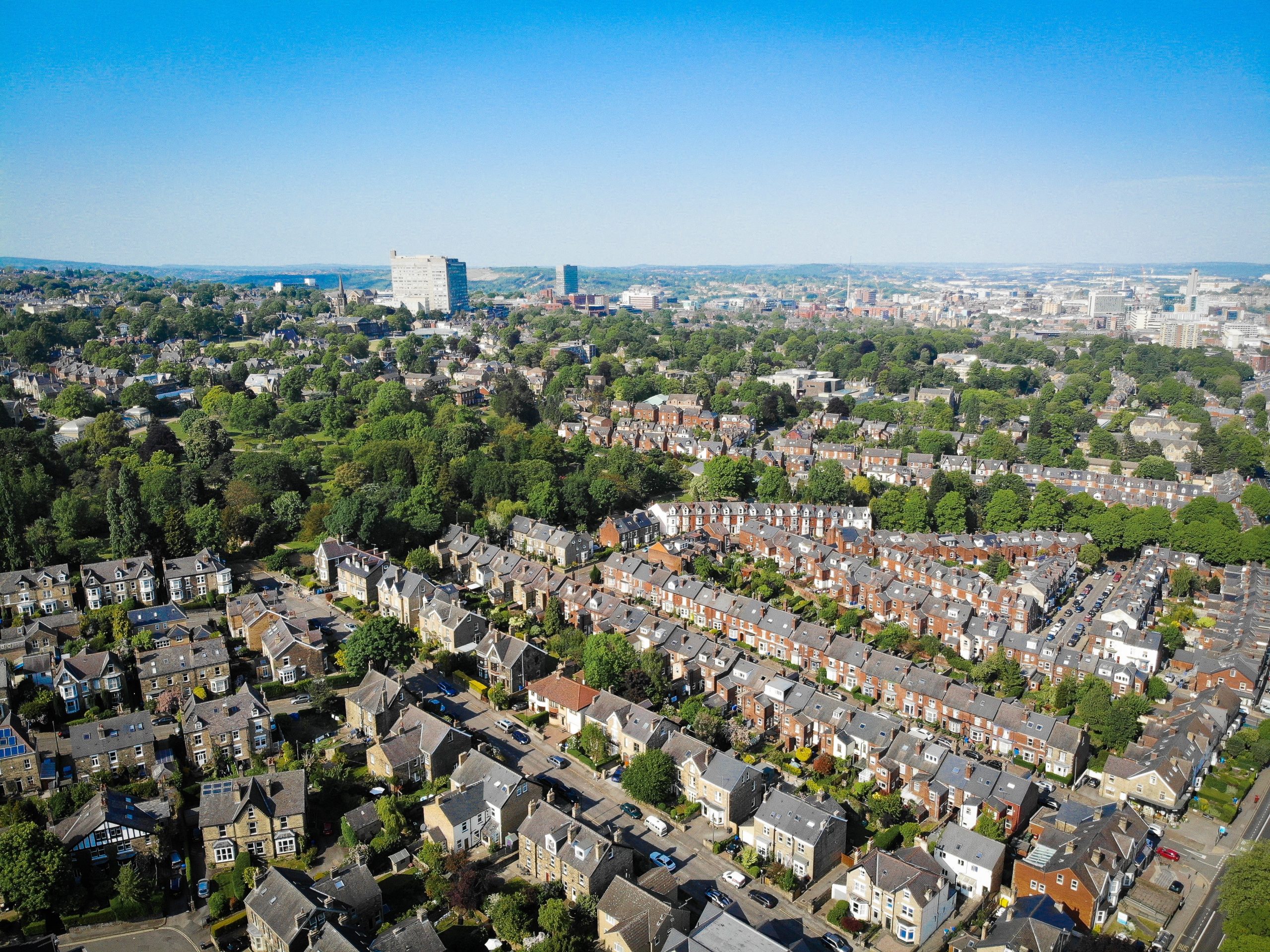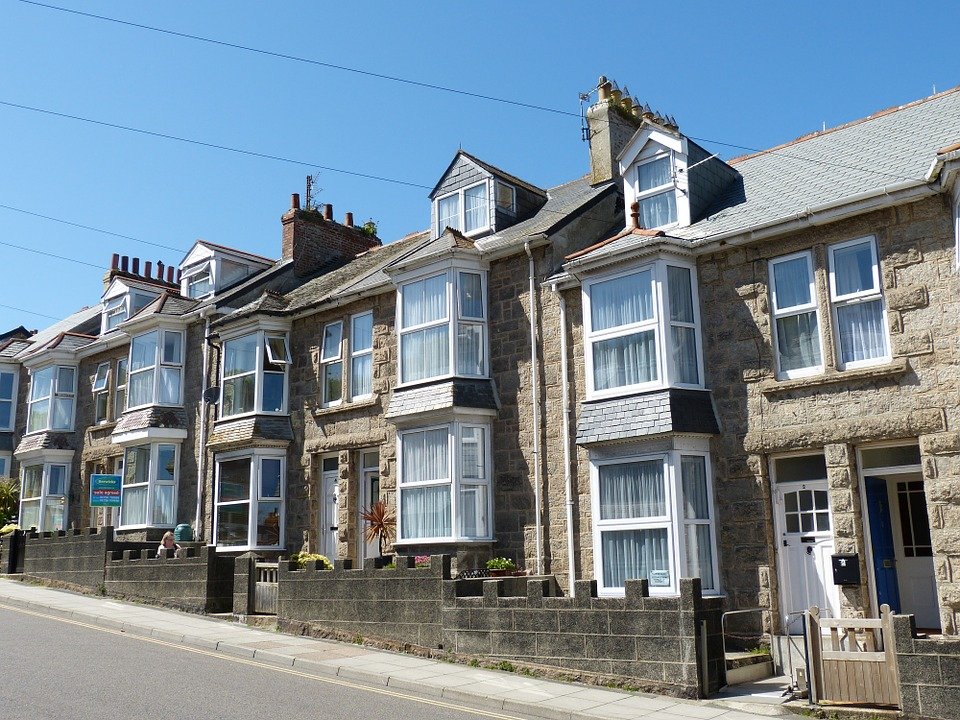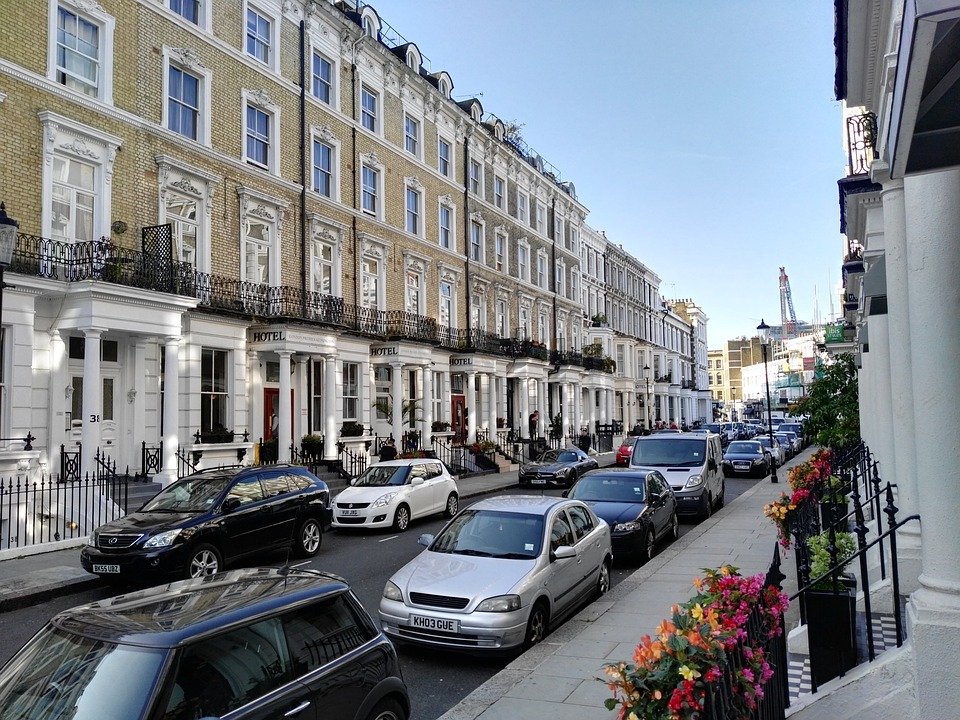House prices experienced rapid growth throughout the pandemic thanks to a combination of stamp duty cuts, low-interest rates and the “race for space.”
But as interest rates started to climb in the second half of 2022, the mood changed.
Rising interest rates and the cost of living crisis are now having a clear impact on the housing market according to the most recent data.
According to Nationwide, in February house prices dropped at their fastest rate since 2012, Meanwhile, HMRC data shows UK property transactions are down by nearly 20% and a survey by the Royal Institution of Chartered Surveyors seems to confirm the market’s bearish sentiment.
And while Rightmove’s house price index is slightly more upbeat, reporting a £3,000 increase in asking prices in March, it’s important to remember asking prices and the price paid by buyers are two very different things.
Contact us today to speak with a specialist Commercial Finance Broker to discuss how we can assist you.
Where will house prices go in 2023?
The Office for Budget Responsibility (OBR) published a fresh forecast for the property market alongside the Spring Budget – saying it estimated prices would fall further than previously expected.
The OBR now expects house prices to fall 10% by 2024.
Both Lloyds and Halifax expect house prices to fall 8% in 2023, while Nationwide and online estate agent Zoopla are predicting falls of 5%.
However, Tom Bill, head of UK residential research at Knight Frank, argues: “The first rule for anyone predicting the trajectory of house prices in 2023 should be to ignore any data from the chaotic final quarter of 2022.
“The latest data shows two things are happening at the same time. First, the effect of the mini-Budget is working its way through the system, which means that monthly declines are narrowing. At the same time, an annual fall in house prices appears imminent, underlining how the lending landscape has changed irrespective of the mini-Budget.
“As rates normalise, buyers will increasingly recalculate their financial position and house prices will come under pressure. We expect a 10% decline over the next two years, taking them back to where they were in mid-2021.”
Financial market conditions appear to have settled, and the UK is expected to avoid a recession in 2023 despite previous, more ominous forecasts.
But the headwinds facing the property market are unlikely to abate in the short term, especially following the latest interest rate hike by the Bank of England (BoE).
The BoE raised rates to 4.25% on 23 March, their highest level since 2008. This was “disappointing news to borrowers who are not locked into a fixed rate mortgage, as their monthly repayments may rise in the coming months amid a cost of living crisis”, says Rachel Springall, finance expert at Moneyfactscompare.
“Affordability may well be the key challenge for borrowers struggling with the cost of living crisis, as interest rates are higher than prospective buyers, or those looking to remortgage, were perhaps anticipating,” continues Springall. “Whether now is the right time to get a mortgage will entirely depend on someone’s individual circumstances, so seeking advice is vital.
“In the meantime, it would be wise for borrowers to keep a close eye on the mortgage market, housing supply and house prices, particularly for new buyers who are a critical part of keeping the market moving.”
Read about the UK Housing Market via our Specialist Residential & Buy to Let Division.
Why are house prices falling?
A combination of factors is hanging over the UK housing market.
Record high rents are making it hard for first-time buyers to save for a deposit, especially as they struggle with inflationary pressures and rising bills.
But more importantly, mortgage rates have increased exponentially over the last 12 months. They peaked at around 6.65% after Kwasi Kwarteng’s mini-budget pushed up the cost of borrowing.
They have since come down to below 6%, falling over the last two months. The average two-year fix now stands at 5.6%, while the average five-year deal is 5.4% according to Moneyfacts.
But when you consider the average two-year rate was around 2% at the end of 2021, rates are still much higher than they were.
Higher mortgage rates have driven buyers away from the market, while others have been priced out.
And mortgage rates may have further to go. The bank has made it clear it might have to hike rates further to bring inflation under control.
Even though the OBR expects inflation to fall to 2.9% by the end of the year, the latest data from the Office for National Statistics (ONS) showed the figures moving in the wrong direction. The ONS recorded CPI inflation of 10.4% in February, from 10.1% in January.
“If there were to be evidence of more persistent pressures, then further tightening in monetary policy would be required,” the BoE said.
This suggests the central bank may hike rates further in the months ahead as it tries to get inflation under control, putting further upward pressure on mortgage rates and, as a result, downward pressure on house prices.
By Nicole García Mérida
Source: Money Week







